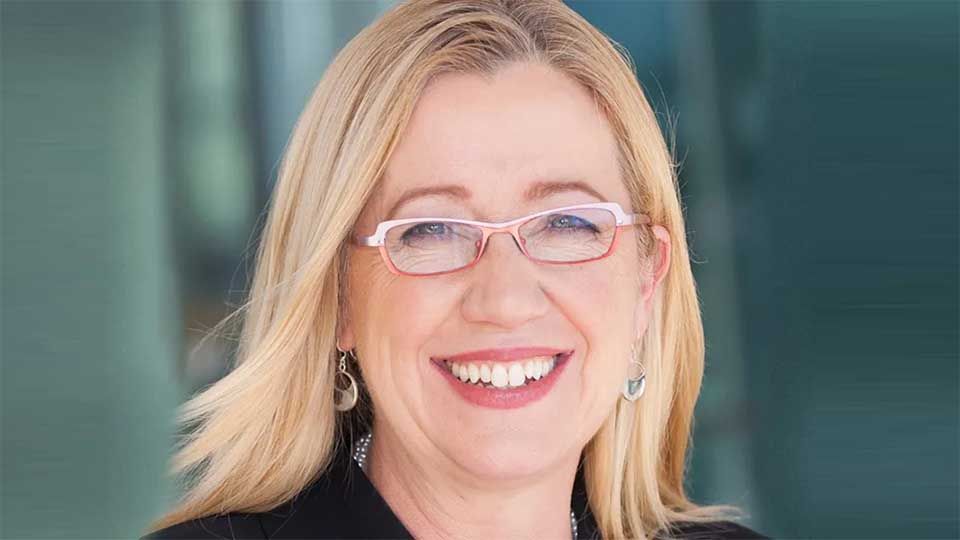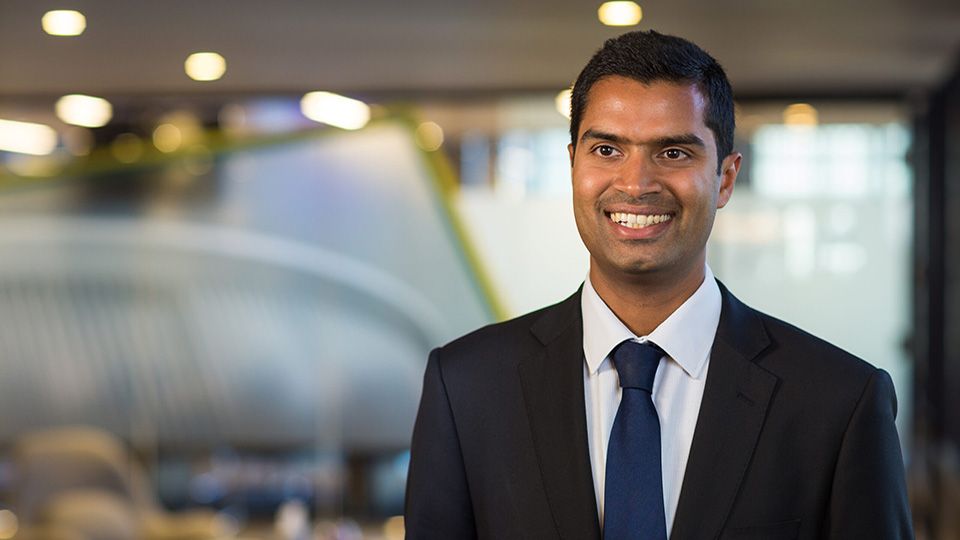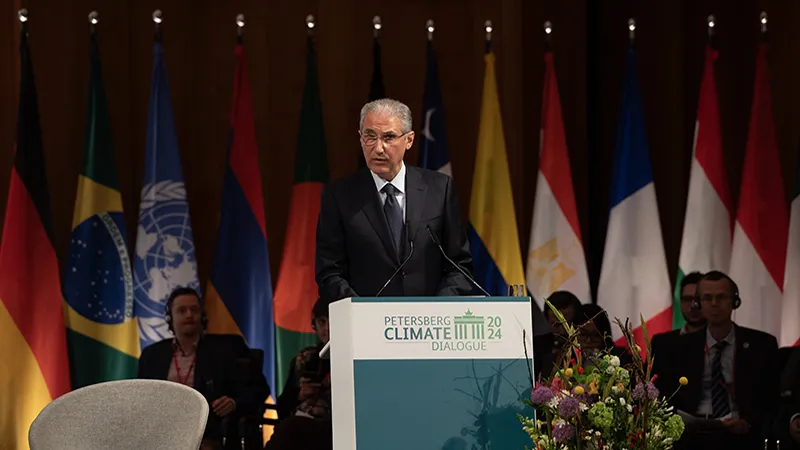Franklin Templeton is slowly but surely upping its focus on sustainable investing – no small feat for a global asset manager made up of so many component parts. But global head of sustainability Anne Simpson, who joined the firm at the start of last year, is no stranger to moving the dial at big companies.
Simpson, who joined the firm from the California Public Employees Retirement System (Calpers), sits on the steering committee for Climate Action 100+, the investor initiative set up to decarbonise the world’s biggest emitting companies. The group has been criticised for achieving little in its almost six years of existence, lacking transparency and not using the influence of its $68trn assets under management to drive down emissions.
But Simpson says the progress it has made shouldn’t be underestimated. “This is not for the faint hearted, and I’m telling you this being in the engine room with my sleeves rolled up on this one,” she says.
“In just four years, we got the world’s systematically important carbon emitters to all agree to net zero.
“At the beginning, people said it couldn’t be done and that you should go for the low-hanging fruit – the Microsofts and Unilevers. No, we’re dealing with companies in China, emerging markets, and the really big, heavy emitters. And we’re not just saying we want transition plans. We want compensation and remuneration aligned because markets need incentives. We want reporting, integration with the accounts audited, we want the plans for just transition.”
It is this attitude Simpson is bringing to her role at Franklin Templeton, where the firm is “looking beyond ESG and towards a deeper understanding of sustainability” as part of its new strategy, Simpson says.
Part of this is building out the firm’s private markets sustainability strategy, as other global firms have done, using the Sustainable Development Goals as a guiding framework for identifying impact in private equity. Board member Alexander Friedman is CEO of Novata, which is “building out the standards” for sustainable investing in private markets, Simpson says.
See also: – SDG funds fail to target countries most in need
“Mark Carney is going to be tearing what’s left of his hair out, because emissions are still rising, even though ‘I pledge allegiance to net zero’,” Simpson says.
“And when it shows up in private markets, it’s much more difficult for regulators and for civil society to actually track what’s going on because we don’t have the reporting or the standards.”
In terms of Franklin Templeton’s own net-zero aspirations, the firm aims to decarbonise its portfolios by 100% by 2050. The latest available information about this shows that committed funds that are deemed to be managed in line with net zero and have relevant disclosures and documentation in place represent around $27.2bn of Franklin Templeton’s $589bn committed AUM. This also shows the firm is using the Net Zero Investment Framework as its methodology for achieving this, one of three methodologies for target-setting recommended by the Net Zero Asset Managers initiative, of which Franklin Templeton is a signatory.
At a group level, Franklin Templeton currently does not have a policy on coal and fossil fuel investments.
Expanding the team
Also contributing to Franklin Templeton’s increased focus on sustainability is its plans to build out its global sustainability team, which include recent hires such as Christine Shaw as senior adviser, who joined from the State of Connecticut’s Office of the Treasurer; and James Andrus as vice-president of sustainability global markets, who also joins from Calpers.
“We put in five new, quite senior positions to really boost the capacity, we have a stewardship and sustainability council, and we’ve also formed a new global public policy council so that our regulatory and legislative work is all aligned,” Simpson says.
“We’ve also just formed a new sustainable investment governance council that brings together our legal and risk and compliance along with our investment and sustainability side.”
Next up is to form a set of sustainable investment beliefs that sit across the firm, Simpson says. “That is with our chief investment officers being reviewed at the moment.”
As the firm shifts its strategy away from ESG, Simpson is hopeful for the future. “I said at the beginning of the year, ‘RIP to ESG’, but not because it’s the end, because it’s the beginning of a new phase – the financial markets are becoming far more sophisticated on these issues.”









